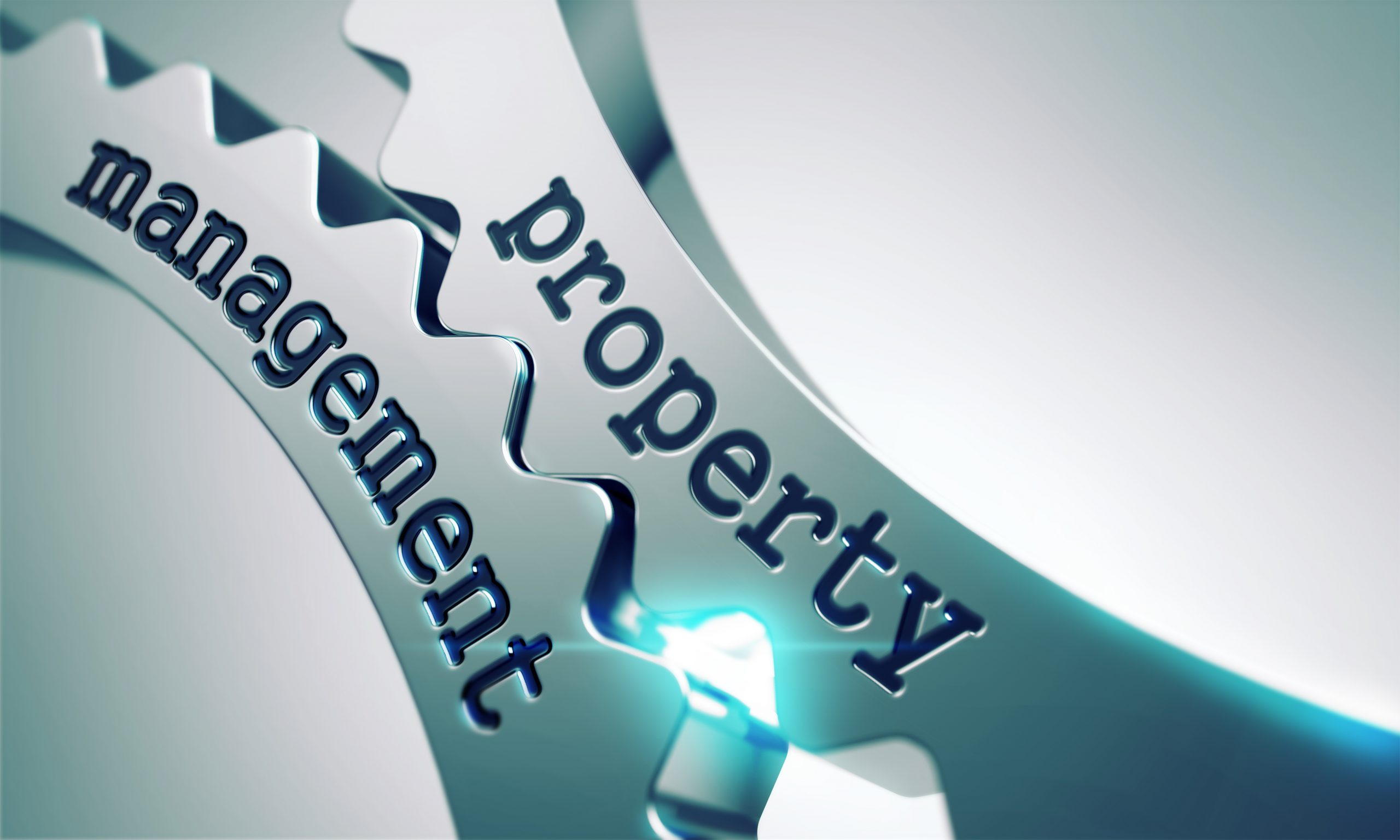
In the vast realm of real estate investment, one of the pivotal decisions every property owner faces is whether to hire a property manager and property management agency or take on the mantle of managing the property themselves. This comprehensive guide delves deep into the pros and cons of each choice, aiming to provide clarity for property investors.
The Benefits of Engaging a Property Manager
Real estate, while lucrative, is not a straightforward domain. Many first-time landlords enter the scene with a perception that managing properties and tenants is a walk in the park. However, they soon encounter the myriad challenges that come with it.
- Expertise in Tenant Selection:
- Background Checks: A professional property management agency has the resources and expertise to conduct thorough background checks. This ensures that potential tenants have a clean record, free from any criminal activities or past rental disputes.
- Reference Verification: Past behaviours are often indicative of future actions. By contacting previous landlords and employers, property managers can glean insights into the tenant’s reliability and behaviour.
- Interview Process: Face-to-face interviews can reveal a lot about a potential tenant. Property managers are trained to ask the right questions, gauging the suitability of the tenant for the property in question.
- Daily Tenant Management:
- Communication: Tenants often have queries, concerns, or issues they wish to discuss. Property managers serve as the point of contact, ensuring that all communications are handled promptly and professionally.
- Dispute Resolution: Conflicts can arise in any landlord-tenant relationship. Property managers are skilled in mediating disputes, ensuring that both parties reach an amicable resolution.
- Maintenance and Repairs:
- Routine Checks: Regular property inspections can nip potential problems in the bud. Property managers schedule these checks, ensuring that the property remains in top condition.
- Coordination: When issues arise, property managers coordinate with trusted tradespeople, ensuring that repairs are done promptly and at a reasonable cost.
- Tenant Liaison: Coordinating repair schedules with tenants can be challenging. Property managers handle this aspect, ensuring minimal inconvenience to the tenant.
- Financial Management:
- Rent Collection: Ensuring timely rent collection is crucial for maintaining a steady cash flow. Property managers have systems in place to track payments and follow up on any delays.
- Expense Tracking: From maintenance costs to utility bills, property managers keep a meticulous record of all expenses, ensuring transparency and accountability.
- Regular Property Inspections:
- Documentation: Every inspection is thoroughly documented, providing a clear record of the property’s condition at any given time.
- Issue Identification: Regular checks ensure that any potential issues, from structural problems to tenant-caused damages, are identified and addressed promptly.
- Legal and Compliance:
- Up-to-date Knowledge: Laws and regulations pertaining to rental properties are constantly evolving. Property managers stay updated, ensuring that all dealings remain compliant.
- Legal Representation: Should any disputes escalate to legal proceedings, property managers can represent the landlord to resolve the issue.
The Intricacies of Self-Managing Your Property
While the idea of self-management might seem enticing, especially from a financial perspective, it comes with its own set of challenges.
- Legal Knowledge:
- Residential Tenancies Act: This act governs the landlord-tenant relationship. Landlords need to be well-versed with its provisions to avoid potential legal pitfalls.
- Other Relevant Laws: From anti-discrimination laws to building codes, landlords need to be aware of a plethora of regulations that can impact their rental property.
- Tenant Selection:
- Screening: Without the resources of a property management agency, landlords need to be extra diligent in screening potential tenants.
- Credit Checks: Access to comprehensive credit databases might be limited for individual landlords, increasing the risk of selecting a tenant with a dubious financial history.
- Financial Management:
- Rent Collection: Chasing after delayed rent payments can be time-consuming and stressful.
- Expense Management: Keeping track of all property-related expenses requires meticulous record-keeping.
- Maintenance and Repairs:
- Trades People Selection: Finding reliable and cost-effective tradespeople can be a challenge.
- Coordination: Balancing repair schedules with tenant availability can be a logistical challenge.
- Legal Disputes:
- Representation: In the event of a legal dispute, landlords need to either represent themselves or hire legal counsel, both of which can be daunting and costly.
- Documentation: Proper documentation is crucial for any legal proceedings. Landlords need to ensure that all dealings, from rental agreements to repair requests, are thoroughly documented.
Conclusion:
The decision between hiring a property manager and self-managing is multifaceted. While property managers come with a cost, the convenience, expertise, and peace of mind they offer often outweigh the expenses. Landlords should also note that property management fees are a tax deduction. On the other hand, self-management provides a hands-on experience and potential cost savings but requires a significant time investment and a steep learning curve. Landlords need to assess their own capabilities, time availability, and risk tolerance before making a decision.








